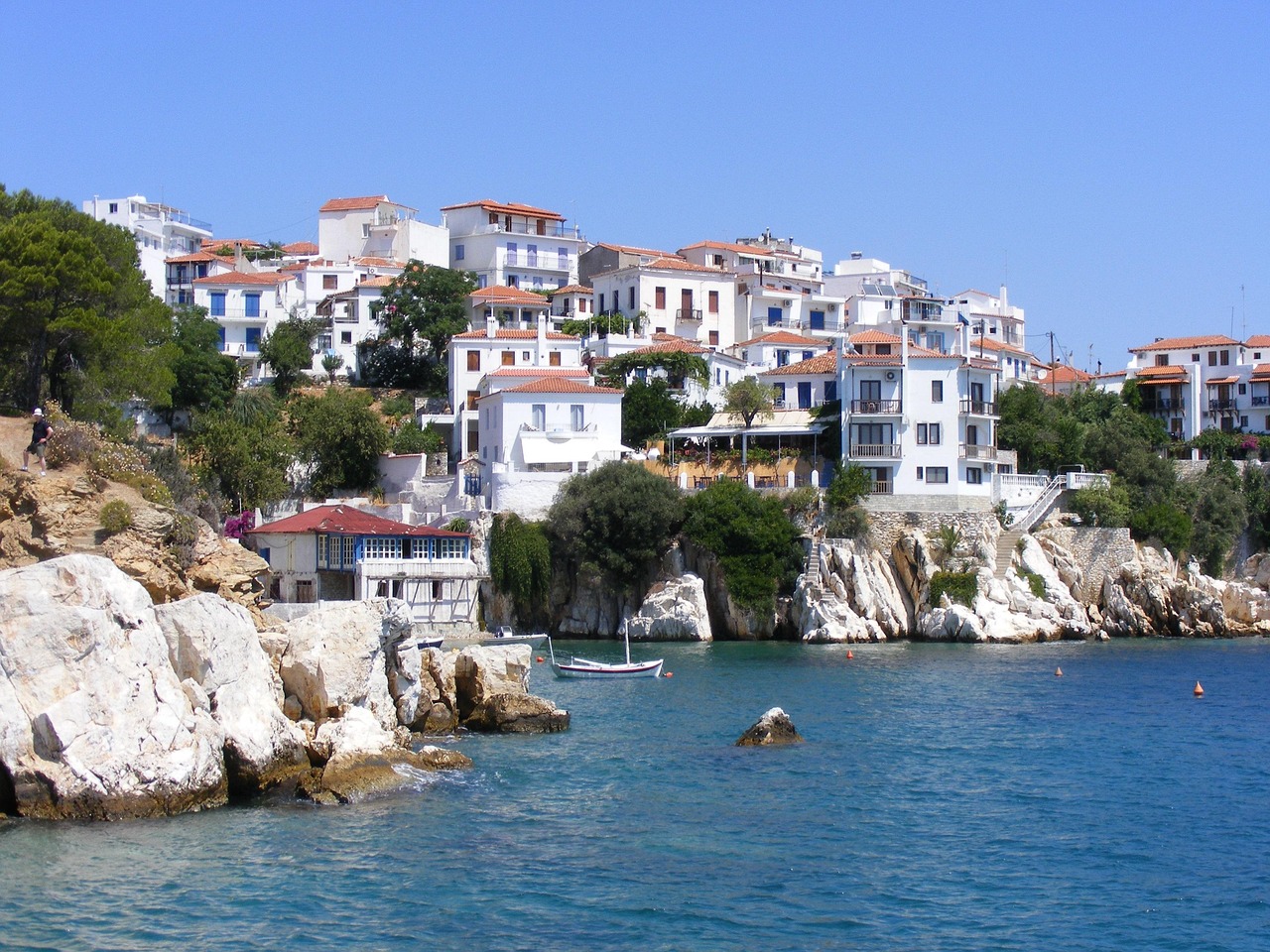Owning a holiday home sounds calm and easy. Guests arrive, have a nice time, leave a good review, and everything feels fine. But a holiday home is not a normal home. It is a small business. People who live there change every week, and no one watches it all the time. That is where risk sneaks in. The good news is, there are simple ways to stay safe, save money, and keep guests happy.
Why holiday homes are not the same as main homes
A home someone lives in full time has steady routines. Doors get locked the same way. Heating gets checked every night. Small problems get spotted fast. With a holiday let, days can pass with no one there. A tiny leak on Monday can turn into a wet ceiling by Friday. Guests also do not know the house as well as an owner does. They may not find the stop tap, the fuse box, or the fire blanket when they need it. That does not make guests bad, it just means the set up is different.
Because of this, holiday homes need a plan. Think of it as a safety net. If something goes wrong, the net catches the fall. That plan is a mix of good habits, clear rules for guests, and the right cover.
Real problems that cost real money
Here are things that often go wrong. A pipe freezes in winter and bursts. A window is left unlatched, rain gets blown in, and the floor swells. A guest slips on a wet step and gets hurt. A storm lifts tiles and water stains the bedroom. Someone puts a hot pan on a wood table and leaves a ring. None of these sound dramatic, but bills add up. Repairs, lost bookings, refunds, and cleaners can eat a month of income, sometimes more.
This is why many owners choose to insure holiday homes properly, since cover makes sure that when accidents happen, the costs do not fall fully on them. It is one of those decisions that feels small at the start, but makes a huge difference when things go wrong. Without it, even a single bad week could wipe out months of careful savings.
People, accidents, and responsibility
Guests want to relax. They are on a break, so their guard is down. That is normal. But it means accidents happen. A child trips on a loose rug. A friend burns a hand on a cooker knob that gets hot. Someone falls on a step with no outside light. When people get hurt, the owner can be asked to pay for injury and legal costs. This is where public liability cover matters. It helps if a guest, a cleaner, or even a delivery driver claims for an injury at the property.
To reduce risk, keep things simple and clear. Put a short safety sheet in the welcome folder. Show where the first aid kit lives. Label the stop tap and the fuse box. Add a small note on how to use the wood burner, barbecue, or hot tub. These notes do not need to be bossy, just clear and kind. When guests know what to do, fewer problems happen.
When no one is home
Empty houses face different risks. A property that sits quiet for ten days is an easy target for a slow leak or a cheeky burglar. A smart meter may show water use, but water on a floor can spread fast. Fit a simple leak sensor near the boiler and under the kitchen sink. Ask the cleaner to take quick photos after each changeover, even if everything looks fine. Those photos can help prove the date of damage if a claim is needed later.
Timers on lights help, and so do sturdy locks. If a key safe is used, keep it out of direct view from the street. Change the code often. It takes two minutes and removes a silent risk that builds over time.
Weather is not a small thing
Strong wind can lift tiles. Heavy rain can push water under doors. Snow can freeze pipes in outbuildings. None of this feels rare any more. A simple yearly check of the roof, gutters, and downpipes pays off. Clear moss, clean gutters, and trim back branches that rub on tiles. If a cottage is near the sea or on a hill, make a note with photos. If a claim ever needs proof of location risks, a few dated pictures help a lot.
Money trouble that hides in the background
Damage does not only cost repair cash. It can force a cancelled week. That means lost income, and sometimes a refund too. Good policies can include loss of rent or loss of income. That part sounds dull, but it matters. If a broken boiler knocks out two busy weeks in August, the numbers hurt. Look for cover that pays for missed bookings while repairs happen after an insured event. Check limits and time periods so expectations match the policy.
What strong cover tends to include
The best cover for a holiday let usually looks different from a standard home policy. It often includes buildings cover for the structure, contents for furniture and appliances, accidental damage for when guests make honest mistakes, public liability for injuries, legal expenses for disputes, and loss of income for cancelled bookings after insured damage. If the place has a hot tub, a log burner, a thatched roof, or a pool, the policy must know this. Hiding details creates headaches later. Being clear upfront makes claims smoother.
Short stays matter too. A standard home plan may not cover paying guests. A holiday let policy is built for short bookings, frequent changeovers, and high guest turnover. That is the point. The cover fits the real use of the property.
Habits that make a difference
Little routines prevent big costs. Before colder months, set the heating to a safe frost setting between bookings. In summer, check smoke and carbon monoxide alarms, then write the test date in a small notebook kept in the kitchen drawer. After each changeover, run a fast check: windows locked, hob off, grill tray clean, taps not dripping, outside light working, bin area tidy. Keep spare light bulbs and batteries on site, in a labelled box guests can find without help.
A clear house guide helps guests help the owner. Show how to work the thermostat. Explain bins and recycling days. Point out parking rules so neighbours stay friendly. Give a number for emergencies, even if it is a managed service. People feel calmer when they know who to call.
Making claims less stressful
When a problem happens, clean records save time. Keep photos of each room in a folder, with dates. Save invoices for big items and appliances. Record serial numbers if possible. When reporting a claim, share what happened, when it was found, what was done to stop further damage, and provide photos. Stay factual and calm. Claims move faster when details are clear and proof is ready.
It also helps to keep spare funds aside for the policy excess and urgent fixes. Waiting for claim approval can take a little time, and guests may be due soon. A small reserve turns stress into a simple task.
Picking cover with care
Price matters, but being underinsured costs more. Walk through each section of a policy and picture real life. How much would it cost to rebuild the property, not just repair a wall. What would it cost to replace all furniture, beds, and white goods at today’s prices. Could a single claim push past the public liability limit. The answers guide the right level of cover.
Always tell the insurer who uses the home and how often. Say if owners sometimes stay there, or if pets are allowed, or if the place sits empty in winter. The more accurate the details, the fewer surprises later.
Simple changes guests notice
Guests love places that feel cared for. A doormat at each door keeps floors dry and reduces slips. A torch near the front door helps with late arrivals. Clear labels on recycling keep the kitchen tidy. Hooks for towels stop damp piles on beds. These small touches reduce damage and make reviews better, which keeps bookings steady.
What to do when the calendar fills up
Busy periods bring quick changeovers and more wear. Plan for it. Extra mattress protectors, spare sets of towels, and a simple repair kit keep the house ready. Agree with the cleaner on what to flag straight away. A loose stair spindle today is better than a trip tomorrow. A slow drain today is cheaper than a flooded shower room at the weekend.
Key points to take away
Holiday homes face different risks from everyday houses. Short stays, empty gaps, and new people every week mean more chances for small things to turn into big bills. Good habits, clear guides for guests, and the right insurance work together to keep problems small. Focus on safety for people first, then protect the building, the contents, and the income. Keep records, take photos, and be honest about how the place is used. With that mix in place, owners sleep better, guests feel safe, and the house stays in great shape for the long run.









